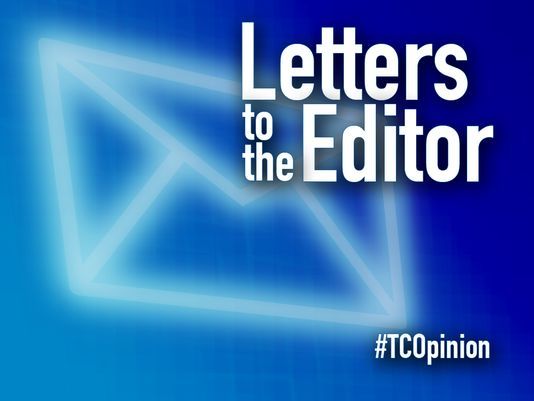Why ‘quid pro quo’ is not ‘de minimus’
Confidence in the United States’ business and governmental leaders and systems is based in a fundamental belief — that these systems and their leaders and workers operate in the public’s interest, acting in a socially responsible and ethical fashion.
Using one’s power or position in either of these systems to achieve — or simply giving an impression to achieve — a personal benefit is seen as wrong. Why? Such behavior undermines the very legitimacy and survival of those systems.
Leaders are bound by personal morality, institutional rules, and civil, criminal and constitutional law to use their extraordinary power to benefit institutional stakeholders. These may be residents of a governmental system or customers, employees, suppliers or stockholders of a business. In the case of our republic, it must always be placing our national interest and security at the forefront when dealing with “foreign entities.”
In all forms of our institutional lives, we trust, “but verify,” our leaders to be working for us.
Not using one’s position to “self-deal” is both common sense and occupies an honored position in the above rules that govern our lives. In the city of Vero Beach and in Indian River County government, such self-dealing is explicitly forbidden. In Publix, be it at our local store or at the corporate level, likewise. The same is true for Coca-Cola and other business and governmental enterprises through which we lead our lives.
Quid pro quo in most dealings is not “as American as apple pie.” If it were, we could not even be sure that the apples in that pie were not tainted, or were even really apples. Saying “no” to “quid pro quo” is not just a good idea, it is necessary for a civil society and forms the basis of our national economic and political lives.
Robert Hogner, Vero Beach

